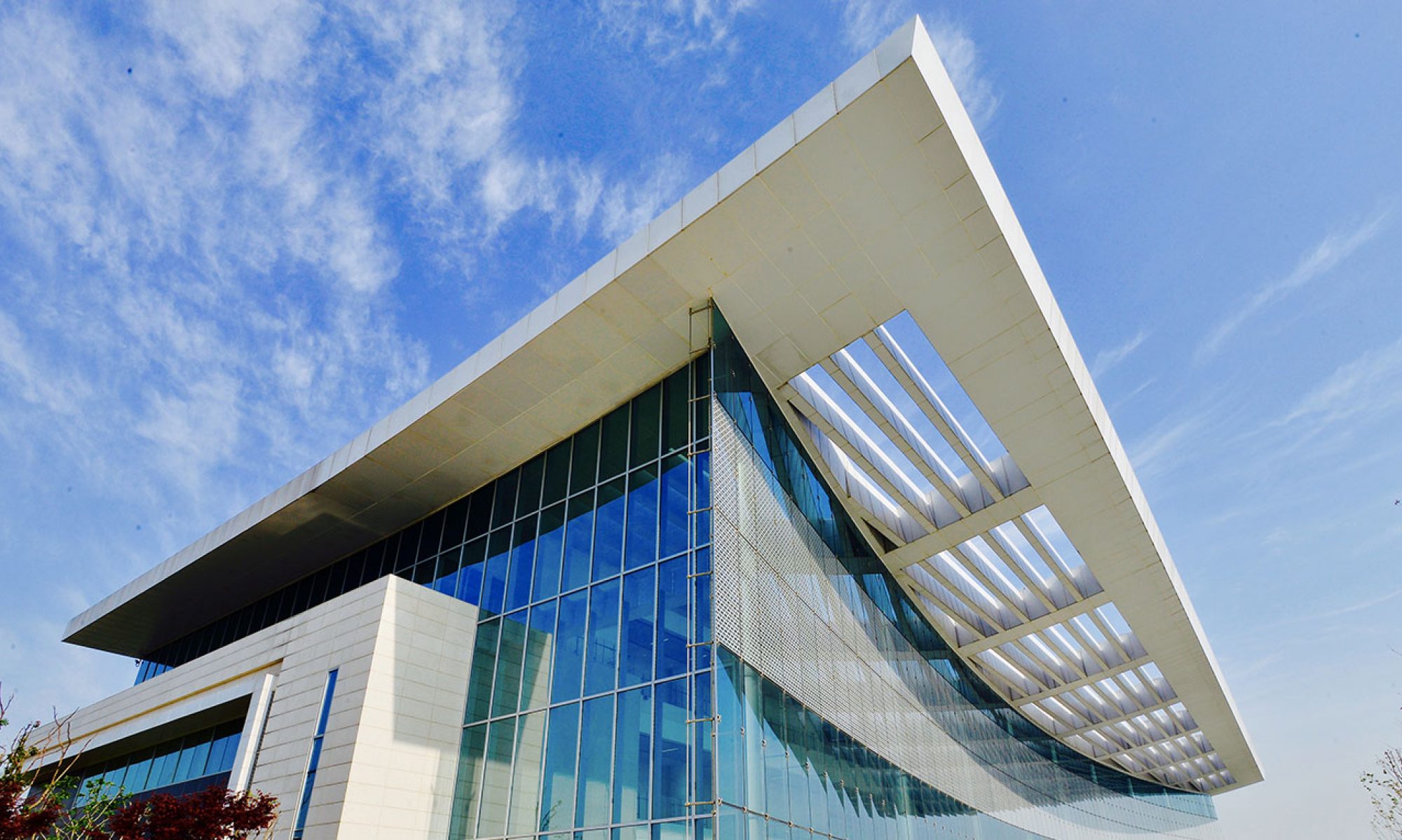By Dong Ding
 Recently, DKU Health Humanities Lab (HHL) initiated the new series “Health X”, aiming to bridge the gap between health and humanities and explore the interdisciplinary opportunities of the two subjects. On Feb 7th, 2024, HHL held its inaugural event, a lecture on the topic of “Health X Media”. Our guest speaker, Prof. Fan Liang, the Assistant Professor of Media at DKU, gave an informative and insightful presentation about the role of digital media in health communication.
Recently, DKU Health Humanities Lab (HHL) initiated the new series “Health X”, aiming to bridge the gap between health and humanities and explore the interdisciplinary opportunities of the two subjects. On Feb 7th, 2024, HHL held its inaugural event, a lecture on the topic of “Health X Media”. Our guest speaker, Prof. Fan Liang, the Assistant Professor of Media at DKU, gave an informative and insightful presentation about the role of digital media in health communication.
With forty students and faculty attending, we spent an exceptionally valuable and intellectually stimulating hour. The presentation delved into how social media platforms can influence public health, the psychological mechanisms behind persuasion, the spread and correction of health-related misinformation, and the ethical considerations of AI in health communication. It highlighted the importance of understanding these dynamics to effectively communicate health information and combat misinformation in the digital age. A significant behavioral science concept, the elaboration likelihood model, was mentioned, which was applied to help us better understand health communication and misinformation.
In the Q&A session, the students and the professor engaged in a very interesting discussion about whether behavioral change truly requires a change in mindset as a premise, and whether a change in mindset can necessarily lead to a change in behavior. The discussion delved into the complexities of human psychology and the factors that influence our actions, highlighting the intricate relationship between thought and behavior.
 We would like to express our heartfelt gratitude to all the participants for their active engagement in this event. The discussions and insights shared have significantly contributed to the understanding of the complex interplay between health and media. We look forward to continuing this meaningful dialogue and furthering our collective knowledge in the upcoming events of the “Health X” series.
We would like to express our heartfelt gratitude to all the participants for their active engagement in this event. The discussions and insights shared have significantly contributed to the understanding of the complex interplay between health and media. We look forward to continuing this meaningful dialogue and furthering our collective knowledge in the upcoming events of the “Health X” series.
 Join us for a faculty workshop on Gender + Feminism led by Prof. Lindsay Mahon Rathnam and Qian Zhu. Explore diverse gender topics and feminist theory. Open to all interested in contemporary discourse and social movements. See you there!
Join us for a faculty workshop on Gender + Feminism led by Prof. Lindsay Mahon Rathnam and Qian Zhu. Explore diverse gender topics and feminist theory. Open to all interested in contemporary discourse and social movements. See you there!

 Join Superdeep for our first Workshop collaboration with DKU’s Gender Studies Initiative: Nathan Hauthaler will present on his research on “Gender Orientation”. Thu Feb 22, 6:04pm LIB 2001.
Join Superdeep for our first Workshop collaboration with DKU’s Gender Studies Initiative: Nathan Hauthaler will present on his research on “Gender Orientation”. Thu Feb 22, 6:04pm LIB 2001. With New Year’s & Spring Festival relishes still fresh in your memories, join us this week for Luis Buñuel‘s very topical 1972 Discreet Charm of the Bourgeoisie (Le charme discret de la bourgeoisie; …& food & drink). Thu Feb 29, 8:04pm IB 1008.
With New Year’s & Spring Festival relishes still fresh in your memories, join us this week for Luis Buñuel‘s very topical 1972 Discreet Charm of the Bourgeoisie (Le charme discret de la bourgeoisie; …& food & drink). Thu Feb 29, 8:04pm IB 1008. Recently, DKU Health Humanities Lab (HHL) initiated the new series “Health X”, aiming to bridge the gap between health and humanities and explore the interdisciplinary opportunities of the two subjects. On Feb 7th, 2024, HHL held its inaugural event, a lecture on the topic of “Health X Media”. Our guest speaker, Prof. Fan Liang, the Assistant Professor of Media at DKU, gave an informative and insightful presentation about the role of digital media in health communication.
Recently, DKU Health Humanities Lab (HHL) initiated the new series “Health X”, aiming to bridge the gap between health and humanities and explore the interdisciplinary opportunities of the two subjects. On Feb 7th, 2024, HHL held its inaugural event, a lecture on the topic of “Health X Media”. Our guest speaker, Prof. Fan Liang, the Assistant Professor of Media at DKU, gave an informative and insightful presentation about the role of digital media in health communication. We would like to express our heartfelt gratitude to all the participants for their active engagement in this event. The discussions and insights shared have significantly contributed to the understanding of the complex interplay between health and media. We look forward to continuing this meaningful dialogue and furthering our collective knowledge in the upcoming events of the “Health X” series.
We would like to express our heartfelt gratitude to all the participants for their active engagement in this event. The discussions and insights shared have significantly contributed to the understanding of the complex interplay between health and media. We look forward to continuing this meaningful dialogue and furthering our collective knowledge in the upcoming events of the “Health X” series.